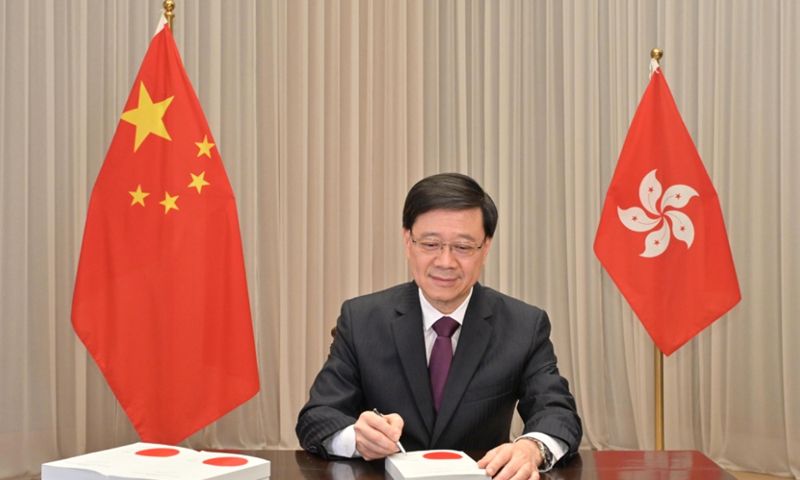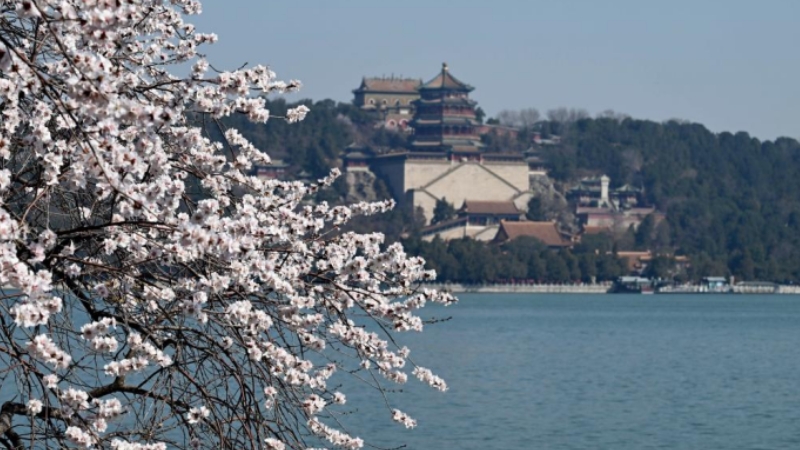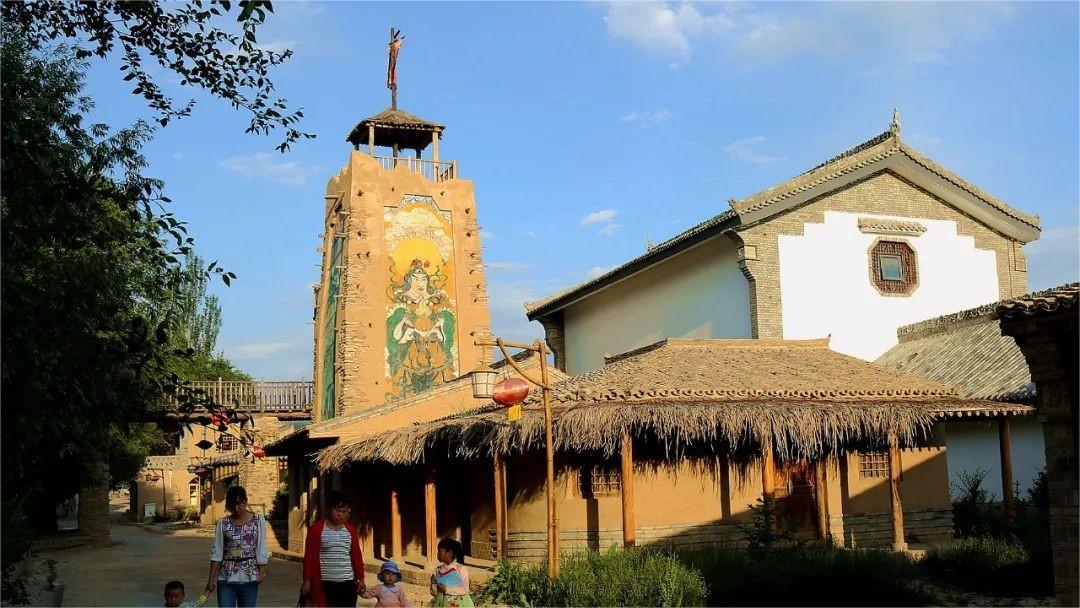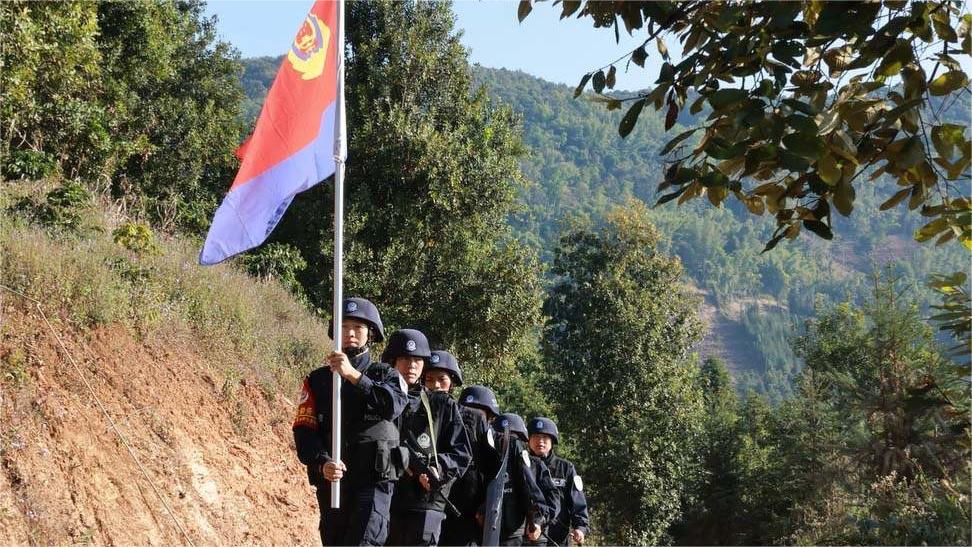HK officials ramp up efforts in countering smear and attacks targeting Article 23

The HKSAR CE John Lee signed the Safeguarding National Security Ordinance on March 22,2024. Photo: Courtesy of the HKSAR government
With the implementation of the Safeguarding National Security Ordinance, signifying that Hong Kong has fulfilled its constitutional responsibility as stipulated in the Article 23 of the Basic Law, Hong Kong officials stepped up efforts in countering Western attacks and smear targeting the new law, emphasizing that foreign companies are still eager to invest in the city despite political maneuvers made by some Western politicians.
The Hong Kong Special Administrative Region (HKSAR) Chief Executive John Lee signed the ordinance passed by the Legislative Council (LegCo) on Friday night, and the long overdue local security law was officially gazetted on Saturday and started to take effect.
The long overdue local law consists of nine parts, covering offences and punishments such as treason, state secrets and espionage, sabotage endangering national security, external interference endangering national security and organization engaging in activities endangering national security.
Some Western countries including the US, Australia and the UK as well as some anti-China hawks in the US like former US House speaker Nancy Pelosi have been criticizing the law, calling it as further "erosion of Hong Kong's freedom," raising concerns about its impact on the business sentiment.
The Security Bureau of the HKSAR strongly condemned on Saturday the unfounded and biased remarks made by US Secretary of State Antony Blinken for deliberately misleading the public and undermining the ordinance.
Secretary for Security Tang Ping-keung pointed out in the statement that Blinken once again targeted the HKSAR government's work on safeguarding national security and made slandering, smearing, misleading and erroneous remarks against the ordinance, with his latest despicable political maneuver and hypocrisy built on double standards.
It's normal for the foreign business community to pay attention to the Article 23 legislation, but it should not be described as "doubt" regarding the concern of foreign business, the city's Financial Secretary Paul Chan Mo-po was quoted as saying in local media reports on Saturday.
When commenting on Australian government's updating its travel advisory for HKSAR due to the implementation of the legislation, Chan said Australia is taking a political stance but in reality, companies are still willing to invest in Hong Kong.
Tian Feilong, a vice-dean of the Law School of Minzu University of China in Beijing and director of the Chinese Association of Hong Kong and Macau Studies, told the Global Times on Sunday that exaggerating panic through the Article 23 legislation, talking down Hong Kong, attacking Hong Kong's status as an international financial center, and scaring off foreign capital and professional migration are part of the new cold war and decoupling strategy of the US and the West against China.
"This constitutes a fixed discourse strategy and action pattern that even Western businesses in Hong Kong do not believe," Tian said.
Surveys on the business environment in HKSAR and foreign investment confidence can confirm this, the expert said, noting that Western businesses understand and recognize the rule of law and the business environment in Hong Kong better than Western governments and politicians do.
They also maintain confidence in ''One Country, Two Systems'' and Hong Kong's economic and trade freedom, as well as its legal status.
Regina Ip, the chairperson of the New People's Party and convener of the Executive Council, told local media in Hong Kong on Sunday that the national security laws of Western countries are more stringent than those of Hong Kong, and she sees no basis for the criticism from foreign governments.
Ip said that she has continued to engage with foreign media recently, willing to explain the regulations to any foreign businesses and scholars with questions. Among the institutions she has been in contact with, some said there are absolutely no issues, while others expressed a desire to know more details, the local official noted.
"Moreover, I have not seen anyone 'so scared they want to leave,' considering such claims to be completely unfounded and exaggerated," Ip added.
"I believe we have full confidence in the future development of Hong Kong, because both its past development and its future actually depend on the governance and development of China, a super-large country," Li Xiaobing, an expert on Hong Kong, Macao and Taiwan affairs from Nankai University, told the Global Times on Sunday.
The potential unleashed by the country's development will bring historic opportunities for Hong Kong's development. These opportunities are not charity from Western countries, Li noted.
Even during the British colonial period, the development of Hong Kong was recognized by the colonizers for its pivotal position as a hub between the Chinese mainland and the rest of the world. And Hong Kong's past, present and future are indeed closely linked to the destiny of the entire country's development, the expert said.
Photos
Related Stories
- Article 23 legislation to create stable, prosperous future for Hong Kong: official
- Bid to smear new HK security law criticized
- HK officials, lawmakers confront West's attacks on Article 23 legislation, ready to fight back
- 25 strategic enterprises set up businesses in Hong Kong
- HKSAR LegCo unanimously passes national security bill
- HK rallies behind new ordinance
Copyright © 2024 People's Daily Online. All Rights Reserved.









